Scattered among Los Angeles’ coveted real estate stock are some of the most haunted homes in the country. Here are our picks for the most infamous.
John Sowden House
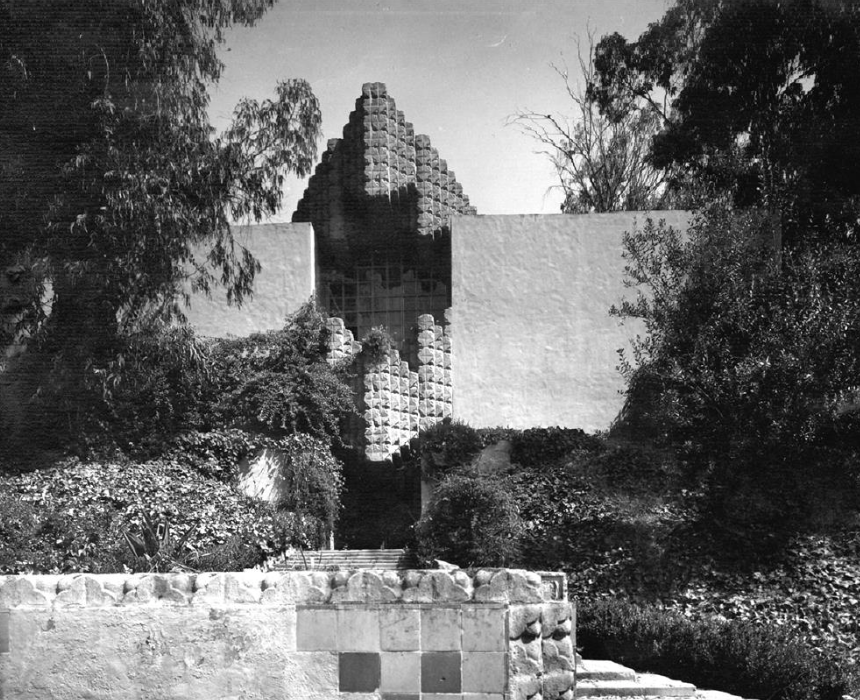
One of the most recognizable homes in Hollywood, this Lloyd Wright (son of Frank)-designed mansion has gone through many different iterations in its 100 years. In the 1920s, it was the home of esteemed physician Dr. George Hodel, who threw infamous parties there for celebrities like John Ford. More recently, it was the location for “America’s Next Top Model” season 6.
But recently the Sowden house has been in the news for a different reason. George Hodel’s son, retired LAPD detective Steve Hodel, has alleged that his father was the killer of the Black Dahlia, perhaps the most famous unsolved murder in Los Angeles history.
Steve Hodel has given extensive interviews on his investigation. But whether or not his father is actually guilty of the infamous killing, it’s clear Dr. George Hodel perpetrated unspeakable violence during his time at the Sowden House. There’s a well-reported but definitely disturbing podcast by the family on some of the events that occurred in the home.
11547 Braddock Drive
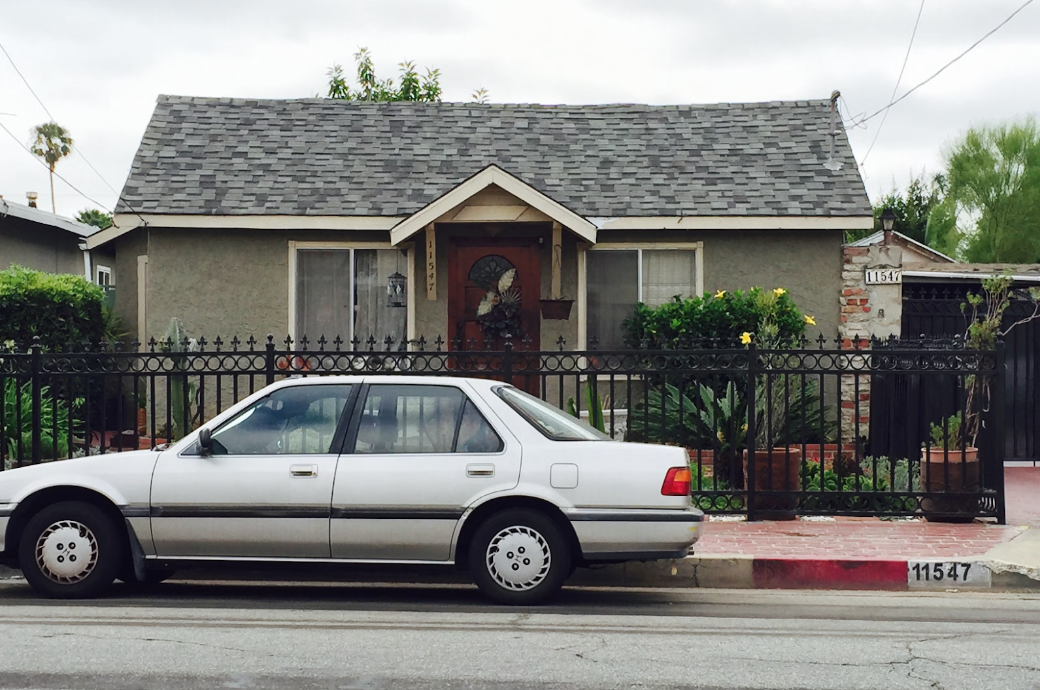
In 1974, Doris Bither and her four young children moved into a bungalow on a quiet suburban street in Culver City. What happened in that home over the next few months has been the subject of countless investigations, a book, and the 1982 feature film “The Entity”.
Bither alleged that a trio of three paranormal entities violently haunted her family during their time in that home, even claiming that one of the entities sexually assaulted her.
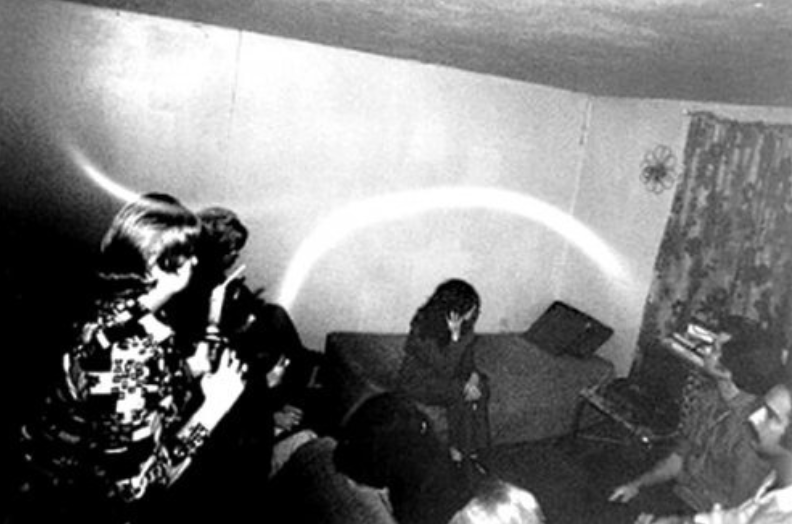
In August of 1974, Bither enlisted the help of parapsychologist Barry Taff. Over a 10-week investigation at the home, Taff and his researchers claimed to see paranormal lights and movements in the home.
Though they never witnessed phenomena as violent as Bither had described, Taff’s team captured a series of images during their investigation that installed the home on Braddock Dr. into the mind of a generation.
2475 Glendower Place
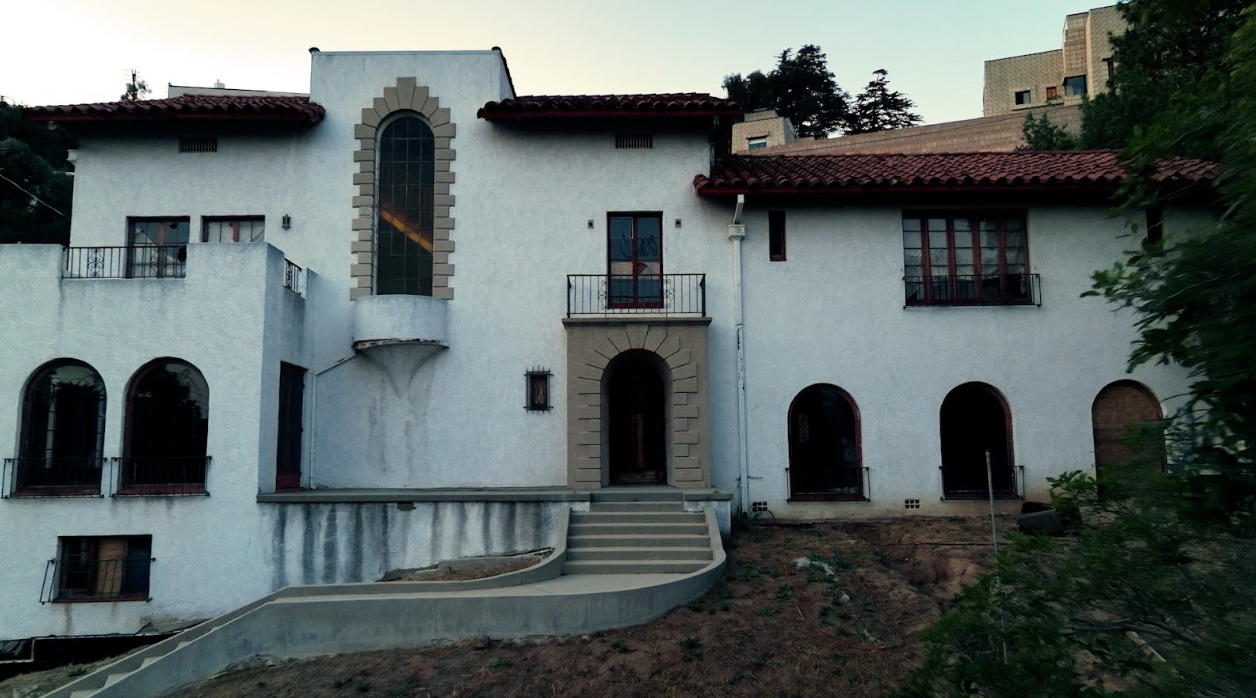
In 1959, Dr. Harold Perelson was a successful L.A. cardiologist, living with his wife, Lillian, and their three children in a sprawling 5,500 square-foot Spanish style home in the heart of Los Feliz.
But just two weeks before Christmas, Dr. Perelson went on a murderous rampage, bludgeoning Lillian to death in her sleep, before severely injuring his 18-year-old daughter, Judy. When Judy got away, Dr. Perelson swallowed a fatal dose of pills, taking his own life.
There are different theories as to what instigated Dr. Perelson’s psychotic break, from new medication he was taking to financial issues. But the tragic events which unfolded at 2475 Glendower Place are perhaps most famous for what happened afterwards. The house sat virtually untouched for years, with trespassers taking eerie pictures of Christmas wrapping paper and other domestic detritus from the days before the murder.
The house recently changed owners, and is now on the market for the first time since 1959, for a cool $3.6 million.
Greystone
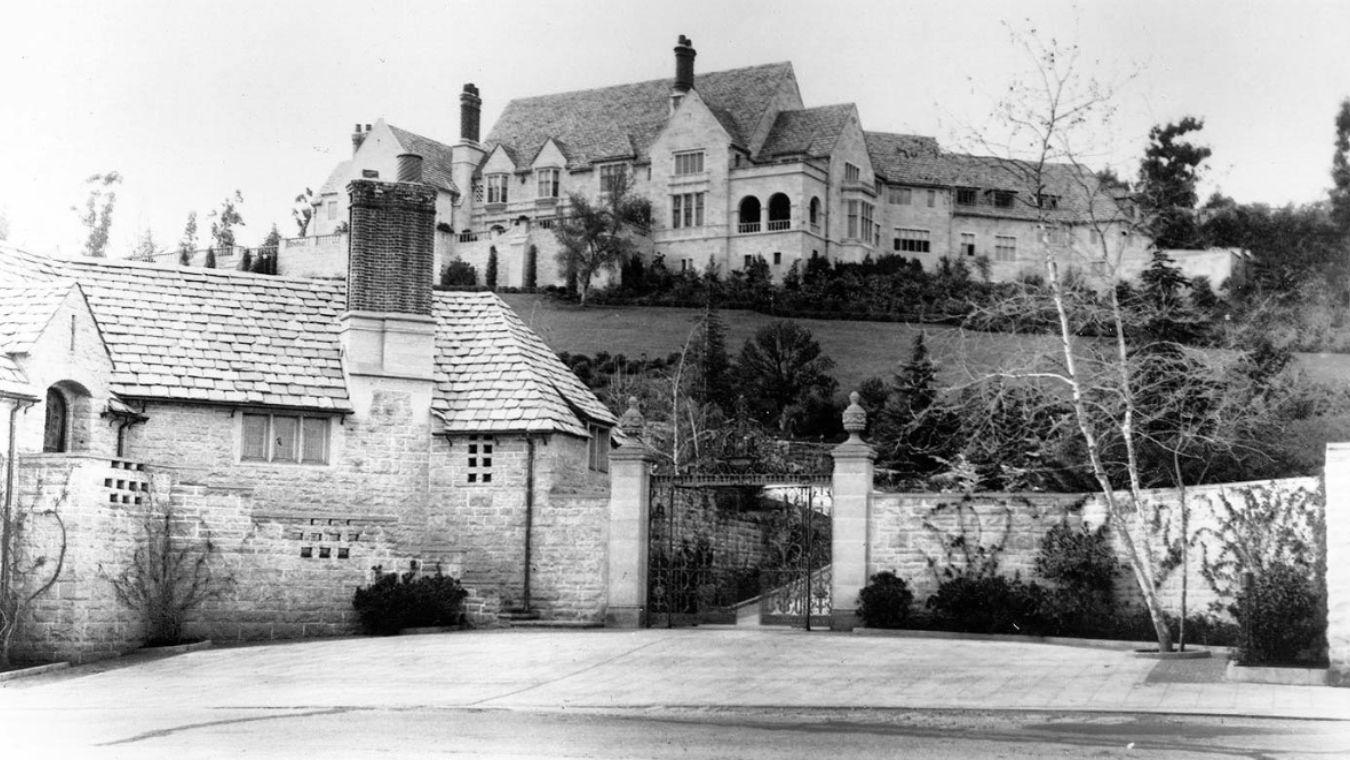
This 67-room Gothic mansion was the most expensive house ever built in Los Angeles when oil tycoon Edward Doheny gifted it to son Ned in 1929.
However only five months after Ned and his wife Lucy had moved in, tragedy struck the landmark property. On the night of February 16, Lucy discovered the bodies of Ned and his longtime assistant Hugh Plunkett dead in one of the mansion’s guest rooms. Police ruled that Plunkett had shot Ned to death before turning the gun on himself.
A culprit for the murder-suicide has never been confirmed, though some reports speculate Plunkett and Ned had been romantically involved.
Now a public park, visitors and staff at Greystone have long reported experiencing unnatural phenomena on the property, from hearing disembodied voices to smelling rotting flesh in the guest room where the bodies were found.
Linda Vista Community Hospital
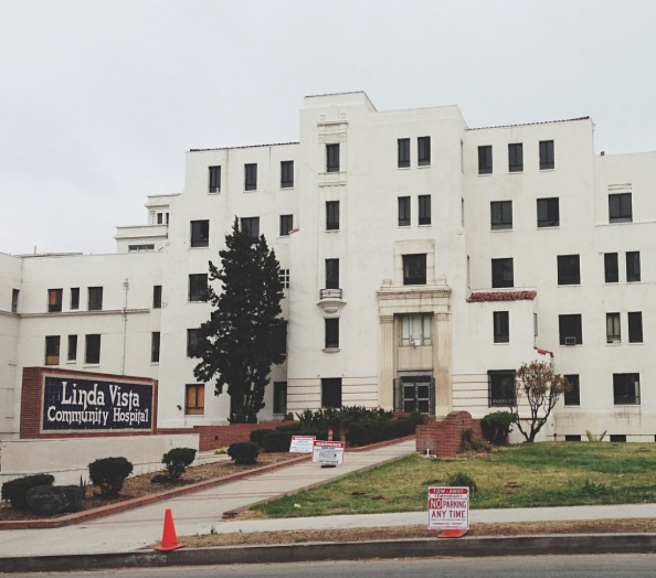
Located in Boyle Heights, Hollenbeck Terrace is an assisted living facility that has been housing seniors since 2015. In its past, however, this sprawling Moorish style complex was the site of unspeakable agony.
From 1905-1991, the site housed the Linda Vista Community Hospital, once one of the most successful hospitals in the country. By the late 1970s, however, east Los Angeles’ declining affluence and executive mismanagement began to plunge the hospital into financial disarray. By the 1980s, budget cutbacks had curtailed many of the hospital’s vital services, and patient deaths began to rise.
In 1991 the hospital was abandoned, serving primarily as a filming location for the next decade. Crews soon began reporting paranormal occurrences, including seeing the figure of a young girl in an old operating room, and an orderly who reportedly died at the hospital still wandering the hallways, making his rounds.

